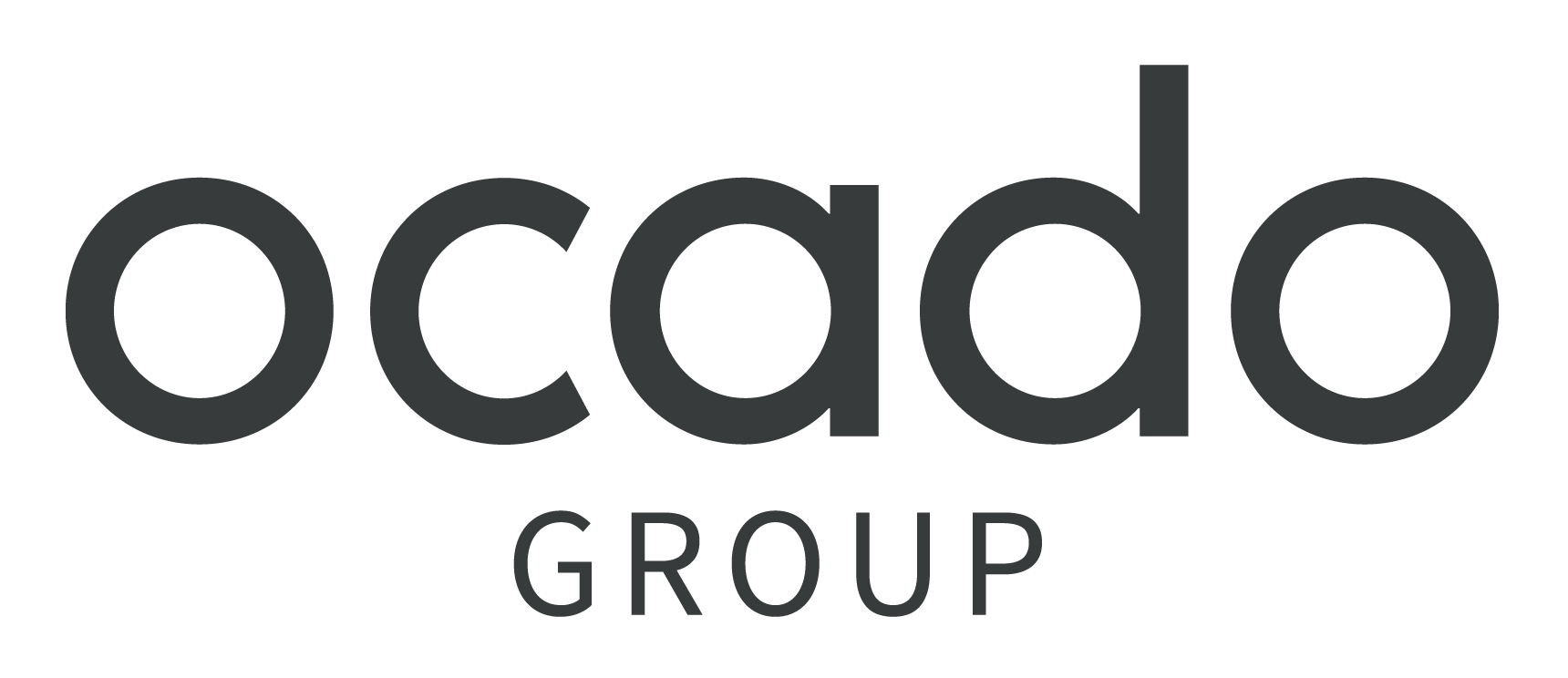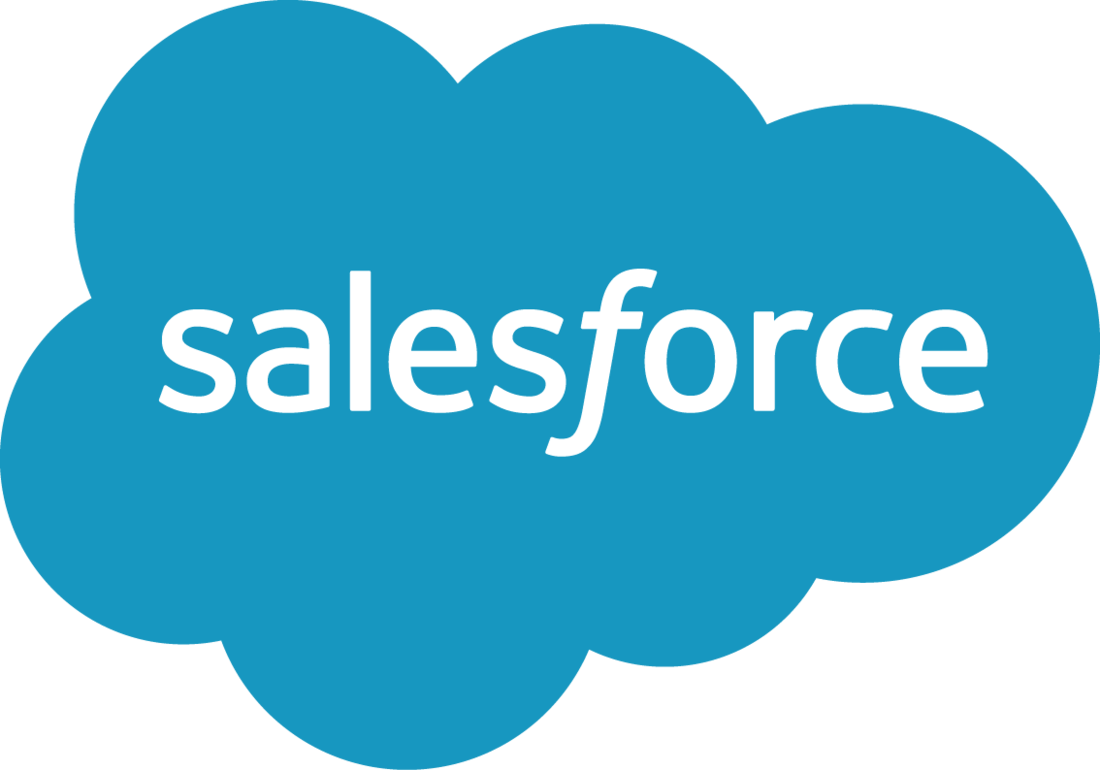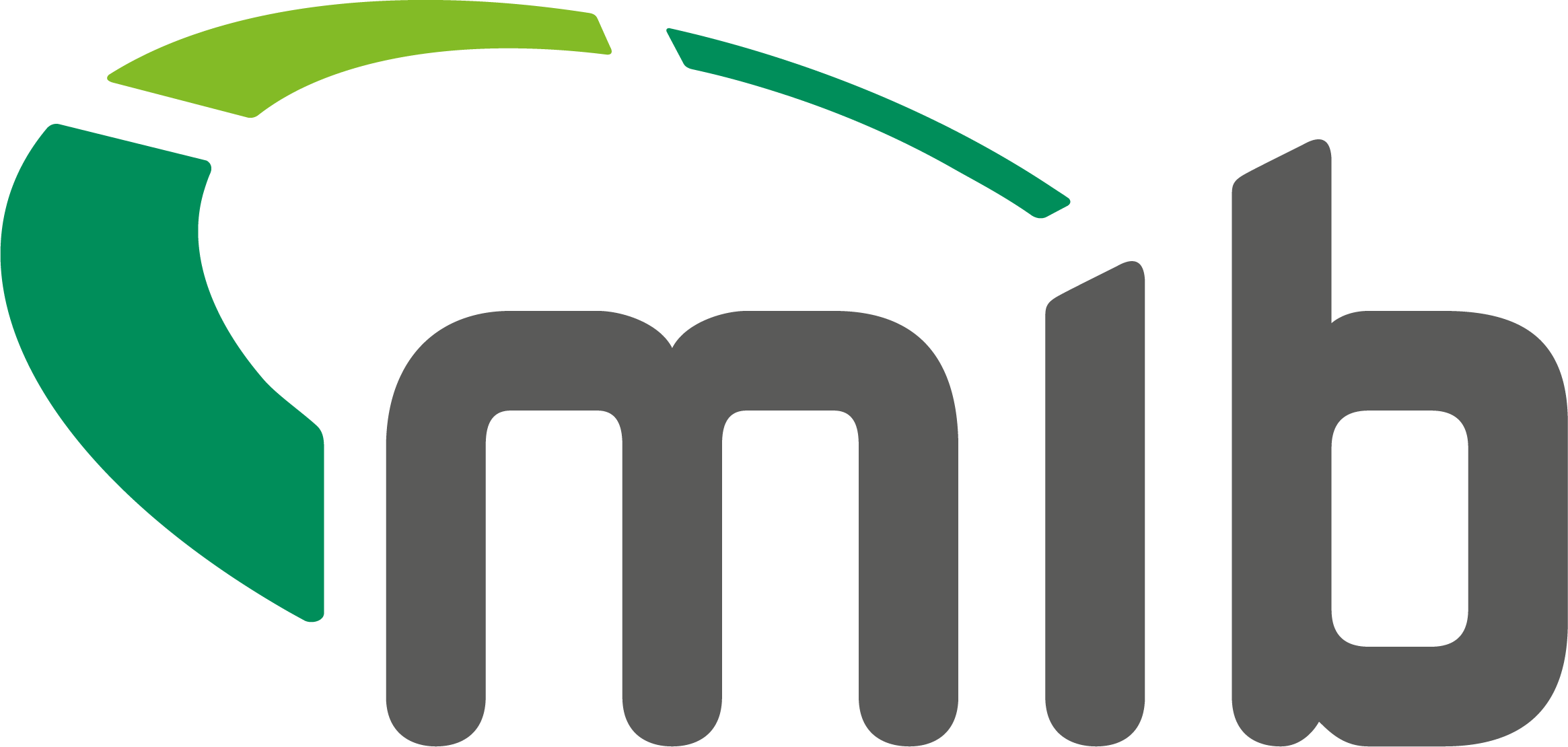The Doyle Collection Success Story
The Doyle Collection has eight family-owned luxury hotels located in London, Dublin, Washington DC, Cork and Bristol. What binds the hotels together is the Doyle service ethos – a warmth and thoughtfulness that stems from being a much-loved family business.
“It’s about making sure that communication is not seen as an afterthought.”
Alan Smullen, Head of People, The Doyle Collection
The Doyle Collection Success Story
Alan Smullen, Head of People at the Doyle Collection joined Benefex’s Chief Innovation Officer, Gethin Nadin, at the Benefex Dublin Forum to explore how they have used OneHub tech to break down communication barriers. Here’s what he had to say…
The need for a new people plan post-COVID
“As we went into the pandemic in 2020, we realised that we didn’t really have a people plan. We had a HR department, and we had a Group HR department. But our company and our industry were moving forward. We have hotels in London, Bristol, Cork, two in Dublin and one in Washington – so all really busy cities and quite difficult to attract people in. So we decided we needed a plan. And I was given the opportunity and appointed as the Head of People in 2021. And as things were reopening in 2022 – for the first six to eight months it was all about recruitment. But we realised that while we had a plan – the needs of employees post-COVID were very, very different.”
“When we think back to that period of early 2020, in Ireland we were told to close our businesses. We had made the decision actually just a week beforehand that we were going to close our hotels down. We thought it was for a couple of weeks and it turned out to be just over 100 days. And when I say close, you’re talking about barriers at the front door, obviously nobody in, you’ve got a core team of less than 20 people who are going around hotels, flushing toilets and hoovering carpets, but you’re letting go of 90% – 95% of your team. And you’re letting them go without knowing when you’re going to be bringing them back to employment. And I think that act, which was out of our hands – and was right across the industry – damaged us quite dramatically in that there were people in our industry that have family members that rely on them, they might have dependents, they might have kids, they might have other financial maybe constraints or things that they have to look after. And they’re looking at us in the industry and saying, is that going to happen again? And that’s something we can’t control, but it’s something we are definitely still fighting against, I think. You can’t solve that problem.”
“So then you say, OK, well, what are the next items? And you’ve got the traditional ones. You’ve got your recruitment, retention – which is a huge issue. And in a low margin business, it’s very difficult to offer the range of benefits that other industries can.”
Becoming a Great Place to Work
“If I take us back to 2015, we scored 93 or 94 percent in our employee engagement survey in Croke Park. And I remember going to our CEO at the time and saying, that’s just crazy. There’s no way my team of 155 or 160 people can be that happy. Maybe I was doing myself a disservice, but there was no way – it wasn’t real. The number was just the number. So we met with Cathal Divilly, the CEO of Great Place to Work Institute in Ireland. And we sat down and we had a conversation. And there were no other hospitality companies talking to them at the time. So we went in with them as a first year in Crowe Park as a kind of test case. And the following year, we went in as a company into the Great Place to Work Institute. In 2023, we were certified as a Great Place to Work across all three jurisdictions, so Ireland, the UK, and the US. We’d previously never had that across all three (we had two sometimes but not three). The reason I’m mentioning this, is that this is one of the first times I ever met with Cathal, he kept harping on about communication and the importance of excellent communication. And I was kind of going to meet him thinking he was going to have some secret sauce or, you know, the silver bullet – but it was all just actually about the basics.”
Communications are essential to engage deskless employees
“And that’s probably where, in the hospitality industry, we’ve been kicking and screaming a little bit – pulled that way, from our team members who are not sitting in front of a computer. They are out serving. I would imagine they don’t have a company email address. They’re on shift work, they might be on overnights, they might be on weekends only. So trying to get that communication, which is effectively a 24-7 strategy that’s required, it’s not easy. Now, that doesn’t mean it can’t be done, but it’s not the traditional lift and drop that maybe you can have in some other industries.”
Using tech to deliver a better employee experience and meet employees’ evolving expectations
“The immediacy of information is now, it’s everywhere. It’s expected, I think, at this stage. It’s expected across the majority of industries. We have a very diverse group of people who work in the company. We have just over 1,500 team members across the group. And they range from all different shapes and sizes, different backgrounds, from different countries to socio-economic backgrounds, right the way through. But one thing that the vast majority of them will have is their mobile phone. And they’ll have it in their pocket, and they’ll be able to do the majority of the items that they need to do. So getting that immediacy and using the [OneHub] platform to communicate to them is something that’s really, really important for us going forward.”
“Technology helps hugely. And I think back to 20 years ago, this wasn’t even a conversation. It was notice boards, and it was putting something up there and hoping that people would see it, or asking people to sign the document on the notice board. But that’s what we had. Now we have a multitude of different platforms across different areas of our business where we can get the information in. There’s this expectation, I think, in the workforce right now that everything you get in work will be the same as at home. And I think if you delve a little bit deeper into that, it’s not just about the quality of the technology, but it’s actually the integration of the technology. So you’re at home and a lot of your items will integrate with each other. We can have all the platforms we want, but trying to get them to integrate is definitely still a problem, for sure.”
Why The Doyle Collection implemented OneHub Home
“So there are a couple of reasons. The first reason is that integrated piece and trying to get as many of our items that we use onto the smallest number of apps as we can. Having our recognition on that platform is really, really important. We have a program called Proud Points, where I can give you a proud point for helping me out today, not for doing your job but for going a little bit above it; it’s me giving that recognition to you as a colleague, or you giving it to somebody in a different department. And the power of that is huge, instead of your manager saying well done. And you add them up, and you get whatever you get [as a reward] after 5, 10, 15, and 20. And we do it via the platform. And as we move forward with the new version of the platform, that’s going to become even easier. It’s going to be branded with our values, with our Proud values. And it just kind of keeps everything in line with where we’re trying to go. So that’s the first thing.”
“The second thing is people. And there are millions of platforms that are out there, but there’s always people that are there in the background of it. And I’m going to highlight Patricia; I’ve worked with Patricia for a number of years. Patricia will call it as it is, will give me a call and say, “this is what’s happened, this is what’s going on, you told me you’d have this today, and you haven’t.” Or I can call Patricia and say, “what’s going on here? Can you help me?” And that relationship is really, really important. You don’t want to be tied into a platform and you ring up and you’re on hold or you’re waiting two or three days for that response. And for us, because our industry is so fast paced, that was really, really important for us. And then, obviously, interacting with you guys, even today, just chatting away to your team – they’re just normal people interested in what they’re doing, talking about it with passion. And that, for me, is as important as the other side.”
How success will be measured once OneHub Home is live to all employees
“The engagement number definitely is going to be a key focus for me. People using it to award their colleagues with a Proud Point or maybe use the discounts piece that’s on the platform, that’s going to be critical. In our industry we have high turnover; people come in, they move on, especially in the likes of London, which is quite a transient city in terms of people moving in and moving out. So when we do get fully launched and ready to go, the people who start the following week, that’s going to be the base.”
“And we know we can’t just introduce this and stay static. So it’s going to be the continuous improvement and what’s next and relying on you guys to tell us what’s down the road or how other companies are looking at it. Let’s see what we can do. So I think the engagement piece is huge. Getting the feedback from our team is critical through our surveys and then hopefully moving it forward quickly.”
Customer Stories
Ready to connect your employee experience?



























